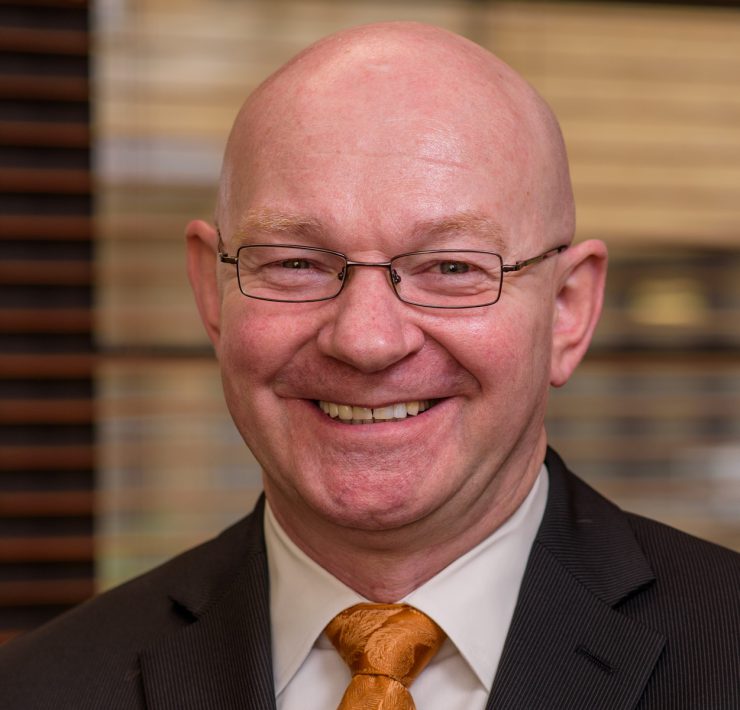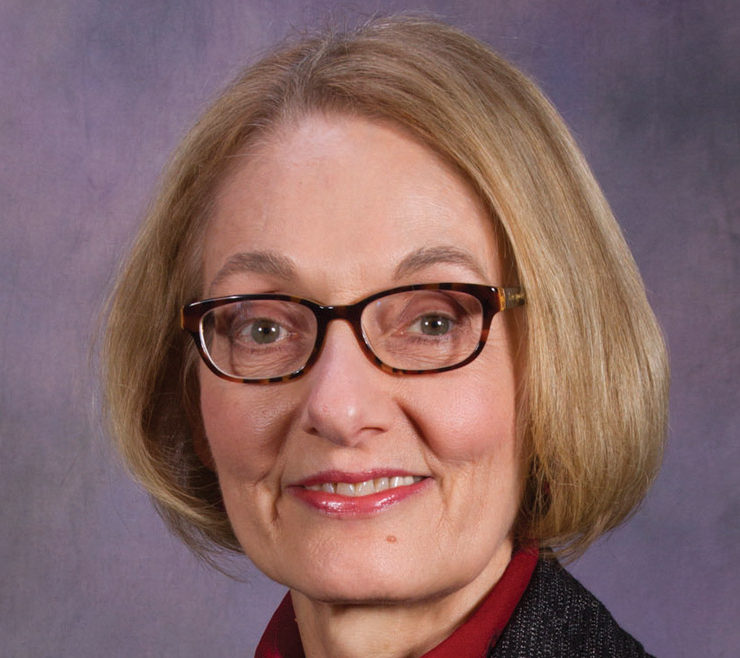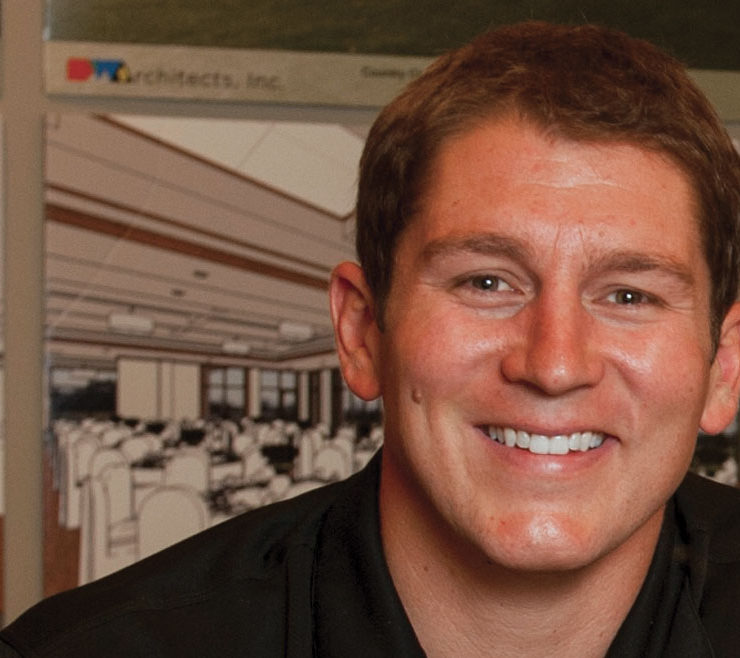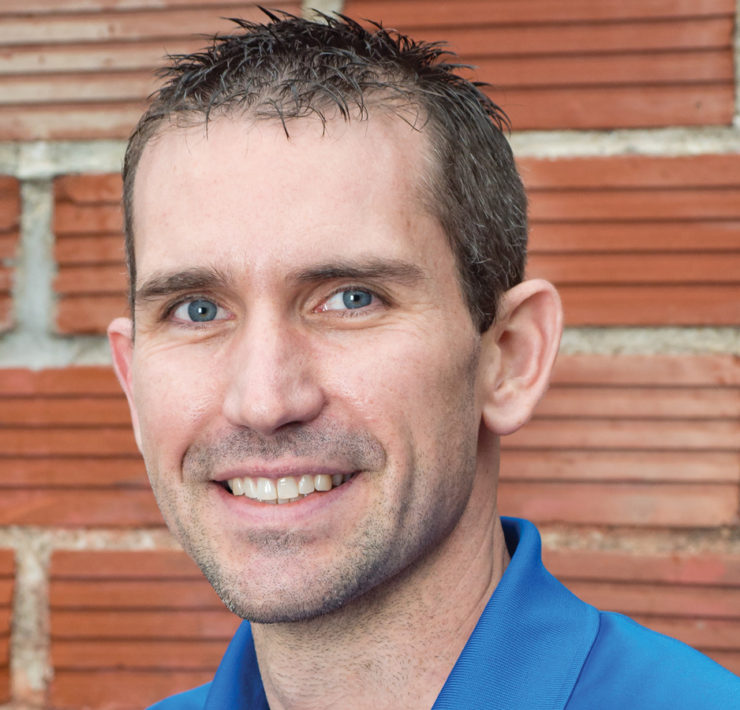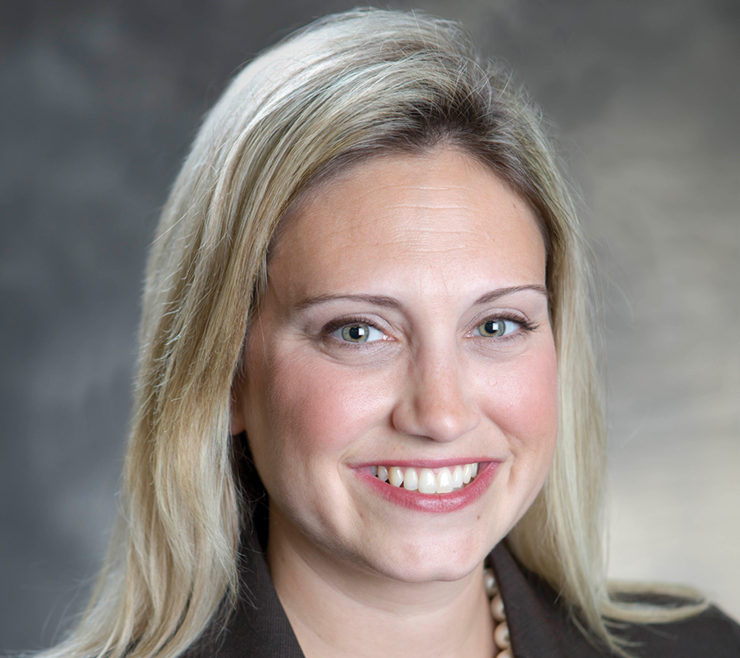Angie Bass, President and CEO, Missouri Health Connection

1. What does the Missouri Health Connection do? Missouri Health Connection is a health information exchange, or HIE, which provides technology that allows health care providers to interoperate with one another, even if they use different electronic health record systems. MHC acts as the technology bridge that electronically connects health care providers, allowing access to a comprehensive health record for any one patient. A member connected to MHC is able to access their patient health information from other members of MHC and view a comprehensive and consolidated health record using MHC’s platform.
2. How can this interconnectivity between health care providers solve problems? A clinician can conduct more effective and informed decision-making for patient care when he or she has all of the information at the point of care. Having a patient’s full medical record available during an examination allows a physician or care team to put a treatment plan in place that reflects the patient’s needs and medical requirements. Real-time access to information also helps clinicians find efficiencies that reduce costs and overhead, allowing them to focus on care and treatment rather than tracking down information — simply, they focus on the things they should be focused on.
3. How was the MHC formed? The MHC was started as an executive order by former Governor Nixon in relation to the HITECH Act of 2009. Through HITECH, $13.9 million in federal funding was awarded to Missouri to build the complex technology for a resource that would improve the lives of Missourians. Beginning in 2010, six working groups were formed, which were led by two co-chairs — one appointed by the state and one selected from the private sector — to organize this undertaking. They convened and conducted a year-long process of transparent meetings, all open to the public, to create MHC as an independent, private nonprofit organization. In 2013, MHC deployed its HIE network and went live. Since then, the MHC has grown into one of the best HIEs in the nation.
4. How does MHC work to secure patient health information? MHC’s infrastructure is protected by a top tier operating system. We undergo routine audits and testing to ensure the network has the most sophisticated technology to protect from cyber threats. We take this responsibility very seriously — we have encrypted messages, secure inboxes, multiple layers of cyber defense, expert technical staff, and a policy allowing only authorized medical professionals with the proper credentials to access the system. To date, there has never been a breach at any HIE in the country.
5. Do patients have control over whether their information is shared through MHC? Absolutely. MHC’s operational policies require every patient to provide written consent in order for their health information to be shared across the MHC network. A patient can opt to share or not and change their mind at any time.
6. Does the sharing of patient records have any economic impact? There’s no question there are savings for patients, providers, and insurance companies. An HIE reduces the costs associated with duplicate testing, saving patients and doctors money and time. The demand from patients to have their health information made available to their health care providers — no matter who those providers may be — is driving health information technology companies to perform and provide more advanced services for health care providers, insurers, and patients.
7. What are some challenges Missouri health care providers face in 2018? The biggest challenge for health care providers is the threat of losing critical federal and state funding for health care services. Every day that Congress fails to reauthorize critical funding for the Children’s Health Insurance Program, or CHIP, or the Disproportionate Share Hospital Program, or DSH, is another day that patients will have less access to care they require. A strong health care system needs to have access, resources, technology, and funding to support a healthy community. Health care providers are now being asked to do more with less. The longer they experience funding threats, the greater the risk of a community losing health care access, which drives up health-related costs.
8. How engaged is the Columbia medical community in the MHC? As one of the largest HIEs in the country, MHC succeeds because of the commitment of its participating members. The Mid-Missouri health care community is engaged with MHC through several local hospitals and clinics that are participating, and we’re actively working to include all of the health care providers in Mid-Missouri, as well as the rest of the state. As a member of the business community, encouraging your health care providers to join the MHC network (if they’re not members already) is a great way to make sure that your health records can be available if and when you need them. You can find a list of participating health care providers througout the state on our website.



